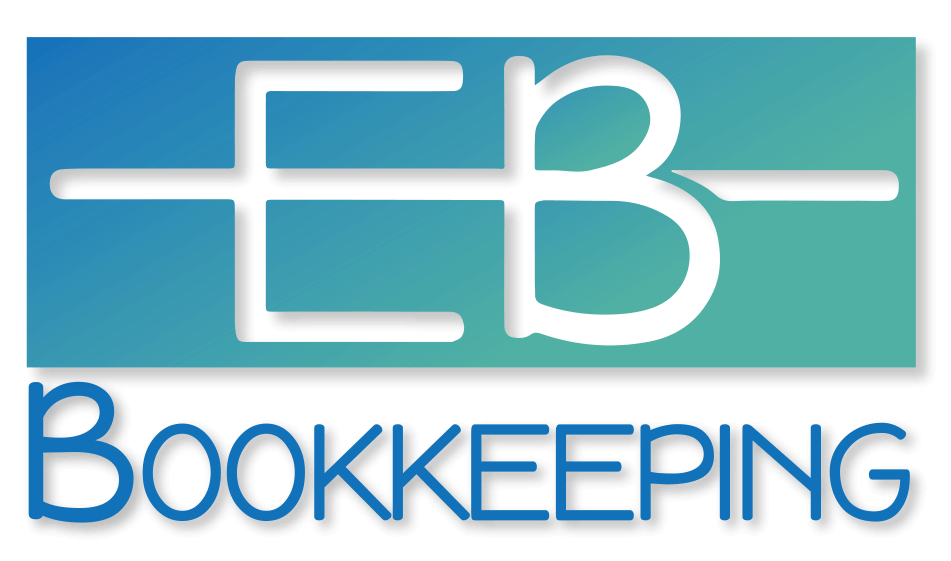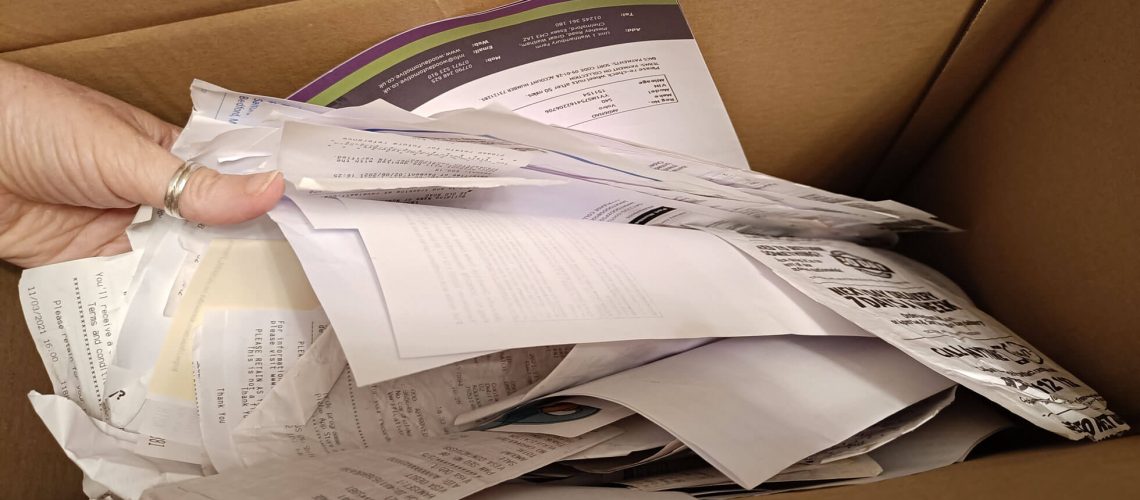As a business owner, it’s tempting to stick with the way you’ve always done things, because you’re comfortable with your methods and you understand what needs to be done and when.
Moving to a new system or software can feel like a really scary prospect – but there are plenty of tools out there that can help you automate key processes within your organisation, including your bookkeeping.
Doing so will convert many of those time-draining jobs into simple tasks that can happen instantly and with minimal human input.
The many advantages of automating your bookkeeping
You’ll get to banish all that fading paperwork
Sick of having stacks of receipts, invoices, and other documents taking up valuable space in your office? When you automate your bookkeeping and start using specialist platforms like Quickbooks or Xero to manage your business admin, you’ll simply be able to take a snap of the receipt in question and upload it to the software via email or an app.
Your records will be more accurate
It’s easy to make mistakes when you’re entering data manually into journals, ledgers, or even spreadsheets. Bookkeeping and accounting software can highlight potential red flags as soon as they appear, meaning any errors can be corrected straightaway and the integrity and accuracy of your data will be protected.
You’ll save loads of time
By importing your bank and credit card transactions directly into your accounting software, and automating much of the reconciliation process, you can remove hours from your workload every single month. No more evenings and weekends bringing your finances up to date – these tools will do a lot of the hard work for you!
You’ll get better insights into your business finances
Instead of spending your time bringing your accounts up to speed, you can use this time to analyse your financial data, instead. Having everything in one place makes it much easier to generate a clear and accurate picture of your company’s financial performance, and this is made even easier by the fact that most software will allow you to generate things like balance sheets, profit and loss reports, and cash flow statements at the click of a button.
Let’s touch on the disadvantages…
Of course, there are a few drawbacks to automating your bookkeeping processes, not least that you will usually need to pay a fee for the software you use, and you will obviously need to spend some time learning how to use them. Regardless of how tech savvy you are, you will almost always benefit from receiving basic training from your bookkeeper or accountant, who will be able to walk you through your dashboard and show you how to perform important tasks yourself.
However, in my experience, business owners who take the plunge and invest in automation often wonder why it took them so long to embrace this technology!
I also believe it’s important to have a bookkeeper on hand to help manage your transactions, prepare useful reports, and troubleshoot any issues. You can’t fully replace the personal touch that a professional bookkeeper can bring into the mix – but you can make your life AND their life easier by utilising bookkeeping automation tools.
How to enhance your automation even further with supplier bills
I recently delivered a presentation at a networking event, during which I shared a few easy ways to make your life even easier when it comes to tracking your income and expenditure.
Here’s my top tip to help you stay on top of your bills:
When you receive an email with a supplier bill attached, there are several ways you can process this, depending on the programme you use. Both Xero and Quickbooks allow you to forward this email with its attachment to a dedicated email address that essentially uploads your bills into your software, on your behalf.
The supplier bill information will be extracted from the bill and will have all the details that the supplier added to the bill, as separate line items. Xero can even link to other xero users meaning your bill is added to drafts without you needing to do anything.
If you have already processed a bill, the system will warn you that you’re about to create a duplicate – saving you from overpaying!

